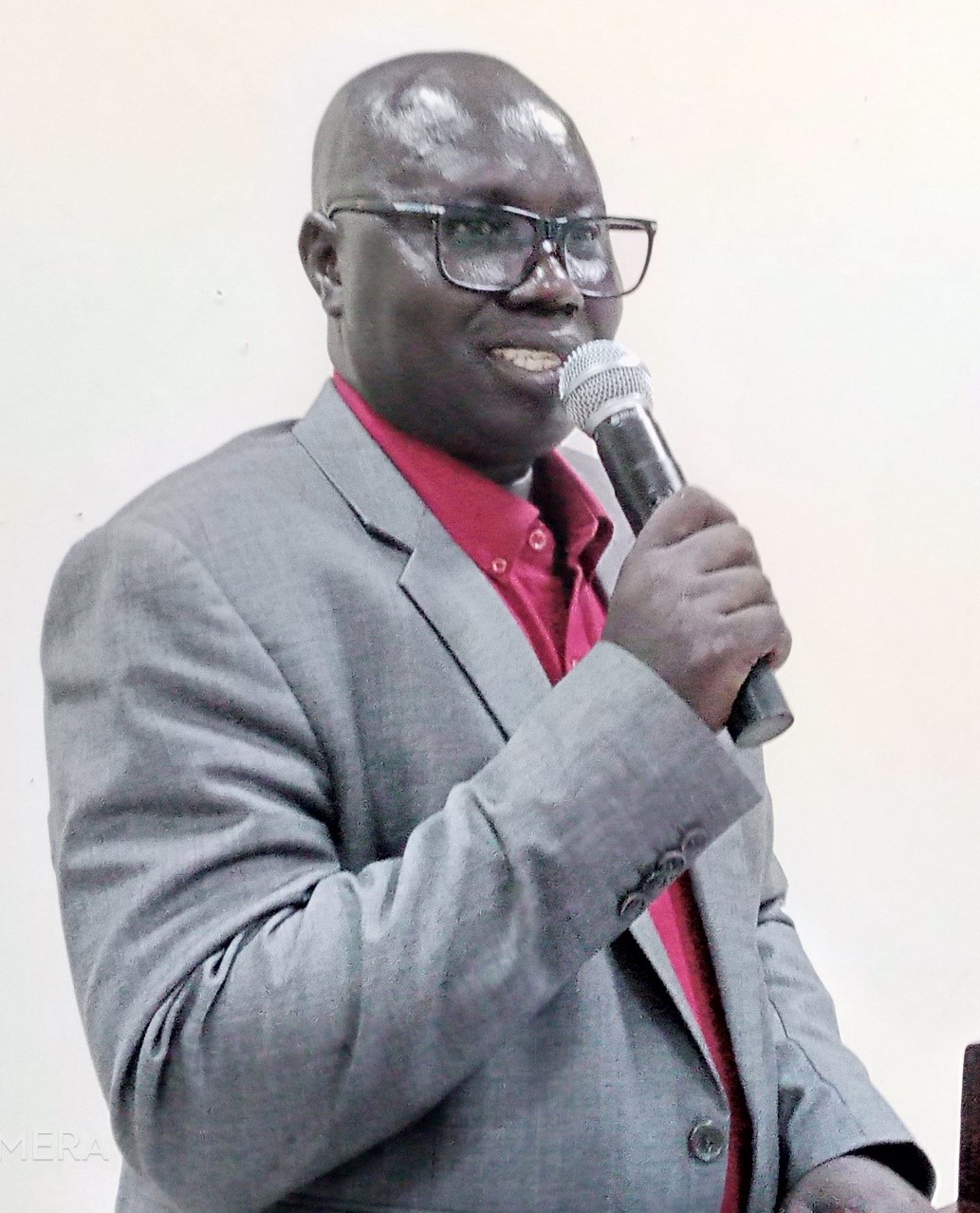Experts have called on the transitional unity government to increase budgetary allocation of up to 20 percent for the education sector.
Angelo Lubang, the Co-chair for the National Education Coalition said Tuesday that the budgetary increase will guarantee access and inclusive education for all children in the country.
“Even when state resources are very limited, the state is obliged to prioritize certain immediate obligations such as introduction of free primary education and guaranteeing education for all without discrimination, it is also obliged to provide progressive free secondary and higher education,” Lubang told journalists during the opening of the three-days conference on domestic financing for education at Juba Grand Hotel in Juba.
The first domestic education financing conference is happening under the theme, “the role of domestic financing in strengthening education system to achieve transformative quality education in South Sudan”.
Lubang said the government needs to come up with clear actions to help transform education in the country, citing among others the need to build schools, pay teachers’ salary on time, training and providing teaching and learning materials.
“We want South Sudan to prosper, it (education) is worth committing and investing in, more importantly prioritizing inclusive quality education, we must play a role in ensuring that education is finances domestically,” he said.
Kennedy Ongwae, the Chief of Health for the UN Children’s Fund (UNICEF) in South Sudan, while reading a statement on behalf Hamida Lasseko, the UNICEF Country Representative said the government needs to reach the benchmark of 20 percent budget allocation towards education.
“From UNICEF, It is our utmost wish that the government of South Sudan endeavors to reach the Sub-Sahara Africa countries domestic financing benchmark of 20 percent of the national budget,” said Ongwae.
The government has over the years been allocating less than 10 percent of the fiscal budget to education.
UNICEF earlier this year noted that more than two million children are out of school due to combination of local conflicts, flooding, hunger and forced marriage.














